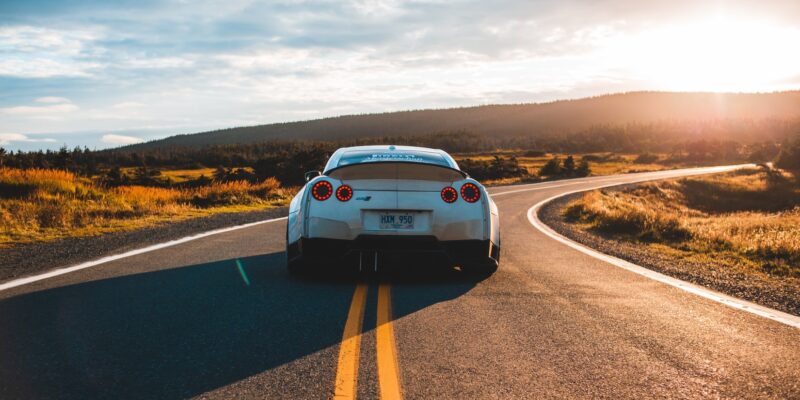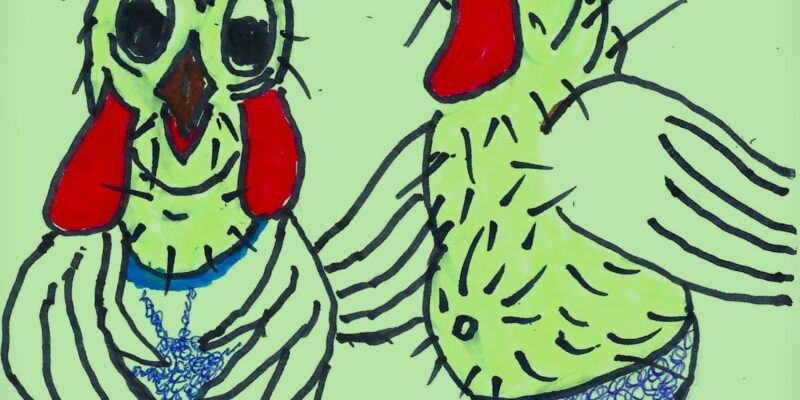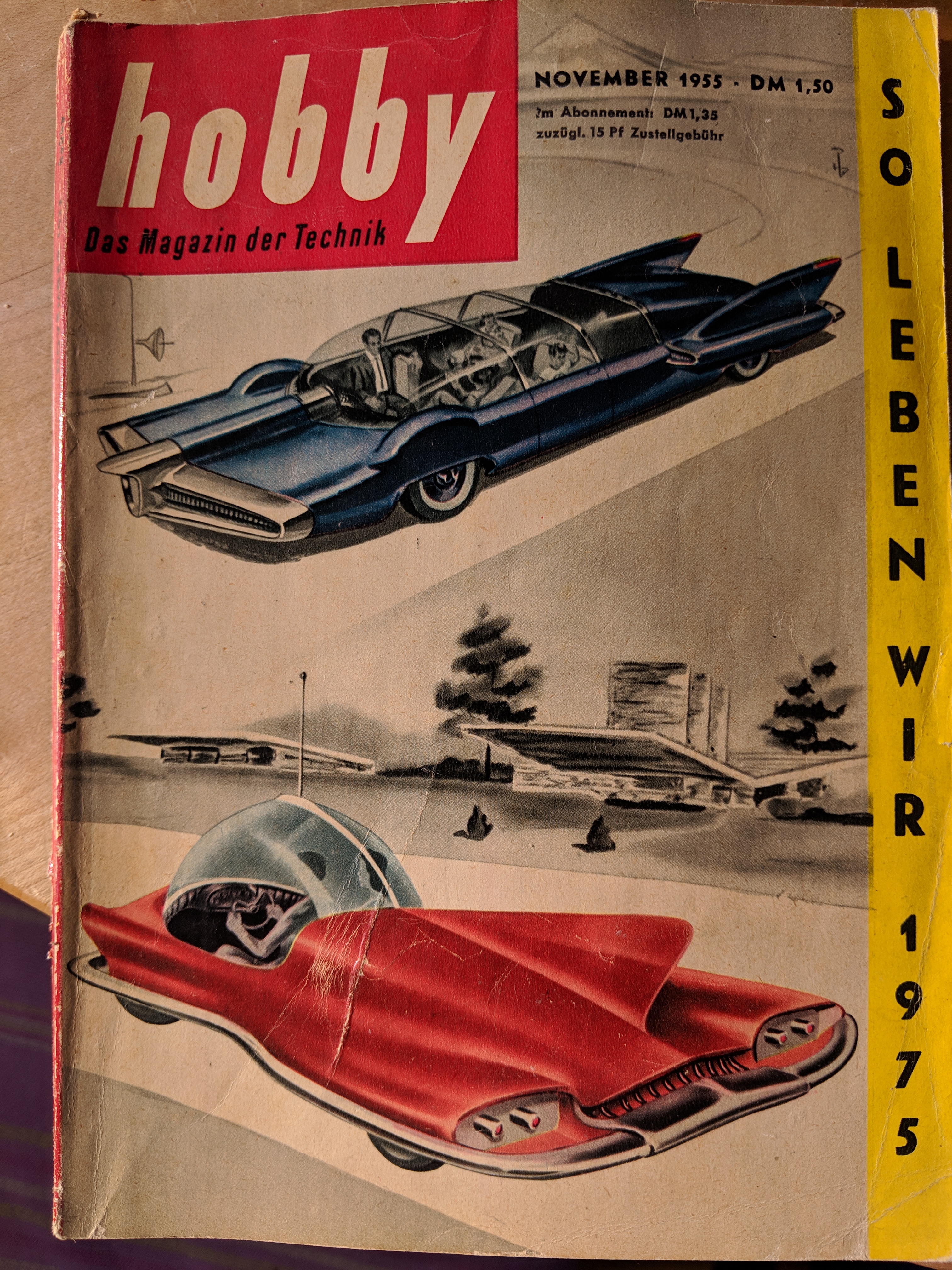So Jan Fleischbauer of the SPIEGEL pays five Euros for one glass of wine (Anne Will got it out of him last Sunday - it was more like she tortured it out of him).
Five Euros is what Hartz IV recipients get extra from now on – for an entire month.
What does that tell us?
Nothing.
The discussions on Hartz IV of some public relations civil servants who have no income problems was very much on the same level even before the new “margin of subsistence” was defined.
In those days, I wanted to know what it is like if you have to survive on 345 Euros. I did not want to hear it from people who thrive on theory and empathy. Or from those with a massive political interest. I wanted the experience myself.
So I decided to live Hartz IV.
I selected the January of 2007 for the experiment. It is a month with 31 days. 345 Euros (the monthly allowance at the time) divided by 31 days are 11 Euros and 13 cents. Minimum allowance.
This daily allowance was also what my bookkeeping was based on. On the left side, there were the 11 Euros and 13 cent for 31 days as disposable quantity, on the right side the money I actually spent each day – also cumulated.
Here are the basic terms of my experiment:
Nobody was allowed to invite me unreciprocated. Whenever there was a two-sided invitation the values had to be similar (food, drink, entertainment).
Here is what I spent:
Food 143.44 Euros
Pub/Cinema 88.88 Euros
Newspapers/Magazines 14.60 Euros
Books (scientific) 20.85 Euros
CD 13.59 Euros
Telephone (private and business) 2.46 Euros
Public Transportation 69.20 Euros
Total: 353.02 Euros
So I overdrew by: 8.02 Euro
What I spent differs from the allowance both in number and in categories.
What I spent for food is a little higher (alcohol was included, I do not smoke) than listed in the allowance regulations.
What I spent on accommodation and restaurant services is ten times higher.
What I spent on transportation is three times higher (which is due to my job – a job I would probably not hold if I were truly a Hartz IV recipient).
I spent nothing on shoes, clothes, home maintenance or health care (I was sufficiently equipped in these sectors when I started the experiment).
How did I feel?
I ate healthier, because I could not afford fast food and Snacks.
In real life, the cost for scientific books would not be kept as low as that, because there would have to be some considerably more expensive books.
My visits to the cinema and pubs were less than average. They were not very spontaneous, but without major withdrawal syndromes.
The visits in private living rooms based on the similar expense rule were positive virgin land. For the first time in my life I did some cooking (I attribute the lack of complaints to the special situation in the experiment). Due to the necessary planning, the meetings were more intense than if I had gone spontaneously eating out and spending unlimited sums in restaurants (but in the future, I would not wish to counter-balance every single white herring according to measurement precision class).
So the sum total is:
More planning, less alcohol (expensive!)
But not less happiness, not much less culture and zest for life.
I know what you are going to say next.
Well, the experiment only lasted a month. It would look different if you tried a whole year (or even more).
Probably. I would not wish to speculate, otherwise I would be back with those who know a lot but do not even start to understand. Some other conditions of my experiment far-out from life might very well be worth a discussion.
But on the whole, I believe it is now easier for me to understand what it means having to survive on Hartz IV. How the individual party concerned feels, however, will always remain a mystery to me.
The only person I can say something about is myself.
SIX
(Translated by EG)



